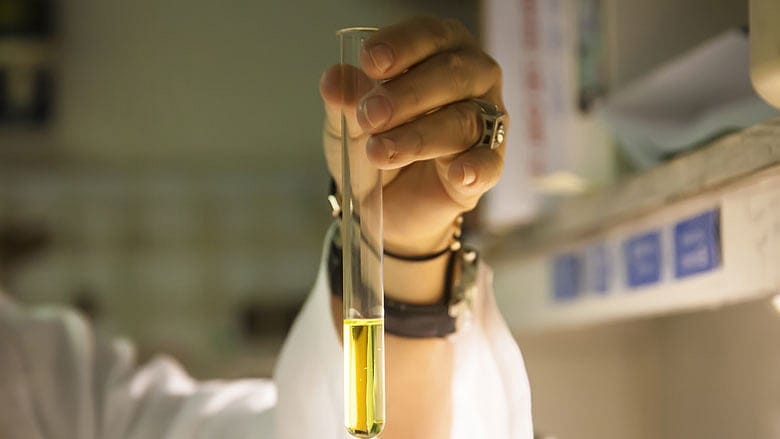Reports: Springfield chemist who worked on drug cases was usually high

SPRINGFIELD, Mass. (AP) — Investigators say a former chemist who tested drugs for Massachusetts police departments was high almost every day she went to work for eight years, potentially putting thousands of criminal convictions in jeopardy.
Sonja Farak, who worked for an Amherst lab that tested drug samples for police, was high on methamphetamines, ketamine, cocaine, LSD and other drugs during most of her time there, even when she testified in court, according to a state investigative report released Tuesday. Farak worked at the lab between 2005 and 2013.

